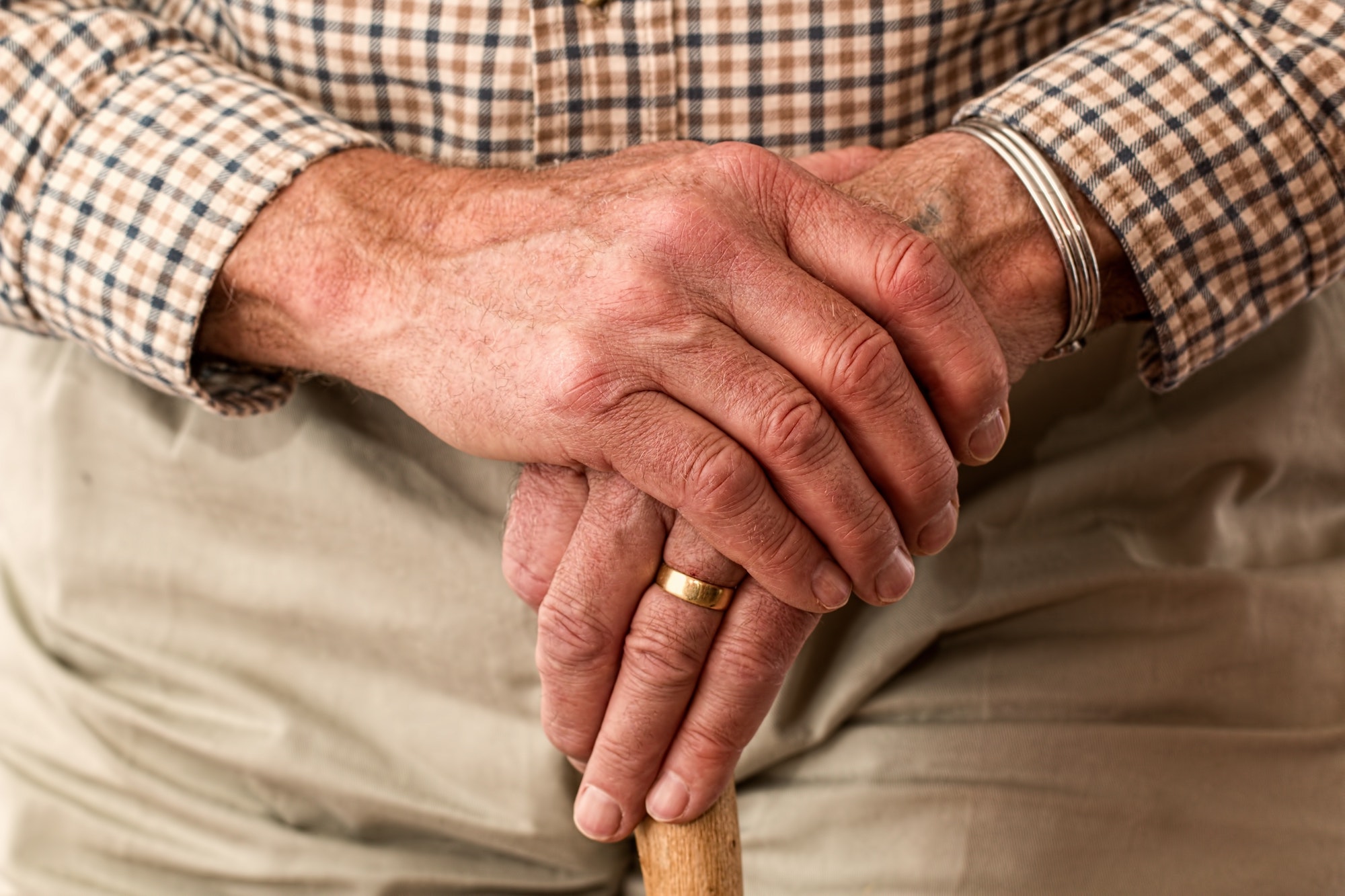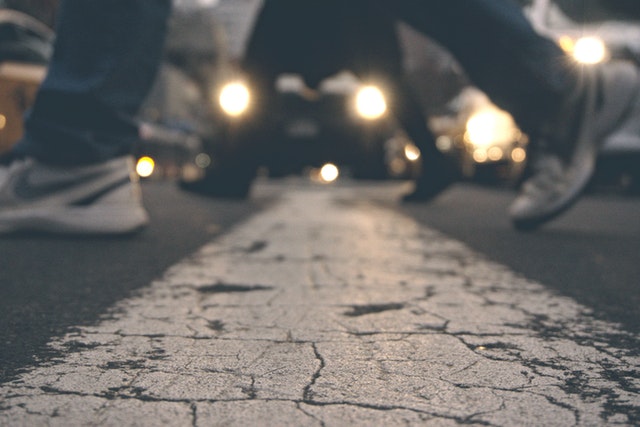A virtual reality system that allows seniors to “visit” far-off locales without leaving the comforts of their assisted-living facility. A belt that helps prevent hip fractures. Silverware that allows Parkinson’s patients to eat without difficulty.
These are just a few of the innovations coming to senior care. And such breakthroughs are always of interest to those of us at the Allure Group, where cutting-edge technology is the norm.
We have in recent years introduced such marvels as EarlySense, a system that allows healthcare professionals to remotely monitor patients’ vital signs courtesy of a sensor placed under a pillow or cushion; “Minds in Motion,” a specialized unit to aid those afflicted with such degenerative diseases as Parkinson’s, multiple sclerosis (MS) or amyotrophic lateral sclerosis (ALS); “Hearts in Motion,” under which doctors and nurses can track patients battling congestive heart disease; and electronic medical records (EMR), a system that allows professionals and patients alike access to a person’s medical history.
As a result we welcome word of these latest technological advances, which are largely based in the worlds of robotics, virtual reality and artificial intelligence, as outlined in a recent post on the website argentum.org.
That site related something Andrew Smith, director of strategy and innovation for Brookdale, a senior living center, told Senior Living Executive about seniors. Far from being intimidated by such advances, he said, “They’ve been learning new devices all their lives. The question is if they think it’s worthwhile, and it’s something that they care about. And I can tell you that an app to monitor their medications isn’t going to get them excited.”
A virtual reality/augmented reality headset known as Rendever is another matter. It allows seniors, while seated in their favorite chairs, to do such things as travel to Paris, hurtle through space or engage in what is known as reminiscence therapy, where through this technology they share with therapists photos, videos and music from earlier stages of their lives.
Then there is Active Protective, a belt featuring sensors that deploy a miniature airbag when the wearer begins to fall, in hopes of preventing a hip fracture. Such injuries are, argentum.org notes, very common, afflicting some 300,000 elderly Americans annually.
Another emerging technology, known as Liftware, is geared toward those suffering from Parkinson’s or MS. It is a handle that can be fitted with different tableware implements, and one that features microprocessors and motion sensors that can compensate for the shaking hand of someone afflicted with one of the above maladies.
Another newcomer to the field of senior care is NU eyes. Designed for those suffering from macular degeneration, it is a headset equipped with a camera on the bridge of the nose that projects images on the glasses.
These are just a few of the emerging technologies, which are in keeping with the advances on display not only at Allure, but elsewhere. Recent years have seen the emergence of such things as ResCare, which allows a caregiver to remotely monitor seniors via video; avatars (i.e., graphic representations of humans) to aid seniors in their physical therapy routines; and even a robot in the guise of a Teddy Bear named Bentley, which helps track those afflicted with Alzheimer’s who are prone to wandering.
Also in circulation: Carelinx, which helps families find healthcare professionals who fit their needs and budgets; AbilTo, which connects those suffering from depression to the proper programs; and GeriJoy, a virtual talking pet that will help stave off loneliness.
All viable aids for seniors. All things that reflect Allure’s ethos.






